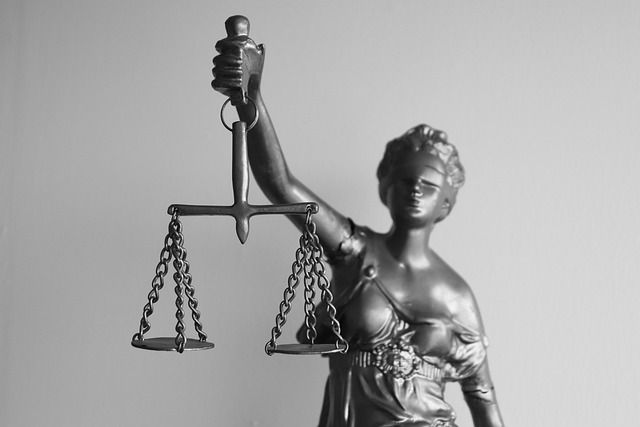|
BLOG
Korte and Associates
News
GET THE LEGAL ASSISTANCE YOU REQUIRE AT THIS MOMENT
|
Do I Need a Lawyer to Sue My Landlord?
Disputes between tenants and landlords are not uncommon. Whether it’s a lease violation, a failure to make repairs, or wrongful eviction, there may come a point where legal action feels like the only remaining option. But do you actually need a lawyer to sue your landlord in Florida?

1. When You Might Consider Legal Action
There are several situations where tenants may need to take legal action against their landlord. These can include:
- Repeated failure to perform repairs
- Illegal eviction or harassment
- Refusal to return a security deposit
- Unsafe living conditions
- Lease violations by the landlord
While it’s possible to represent yourself in small claims court, these cases can get complicated—especially when documentation, negotiation, or legal arguments are involved.
2. Understanding Florida’s Tenant Laws
Florida landlord-tenant law outlines specific responsibilities for landlords, including maintaining habitable conditions, respecting the terms of the lease, and following proper eviction procedures. However, navigating these laws alone can be overwhelming. Tenant lawyers understand how to apply statutes like Florida Statute Chapter 83 (Landlord and Tenant) and can help determine whether you have a strong case.
3. Benefits of Hiring a Tenant Lawyer
While not every case requires an attorney, a lawyer can help you:
- Assess the strength of your claim
- Collect and organize documentation
- Communicate with your landlord on your behalf
- File the proper legal documents
- Represent you in court or mediation
If your landlord has legal representation, it’s especially important to have someone on your side who understands the law and can advocate for your rights.
4. Consultations and Payment Options
Many Florida law firms offer consultations for tenant disputes. This is a great way to learn whether you have a case and what your options are. Some firms also offer flat-fee services, contingency arrangements, or payment plans.
5. When You Might Not Need a Lawyer
If your issue is minor—such as requesting documentation or clarification about the lease—you may be able to resolve the matter directly. In some situations, your local housing authority may be able to assist without the need for legal action.
⚖️ Final Thoughts
Suing your landlord is a serious decision, and knowing when to involve a lawyer can help you take the right steps. If you’re unsure, speaking with a tenant attorney for a consultation can provide the clarity you need to move forward.
Contact Korte & Associates today to get the guidance you need.
CONTACT
8895 N Military Trail, Suite 200C, Palm Beach Gardens, FL 33410
bkorte@kortepa.com

Korte and Associates
This website has been built to be accessible for all users. If you experience any difficulty in accessing this website, please contact us for assistance.

